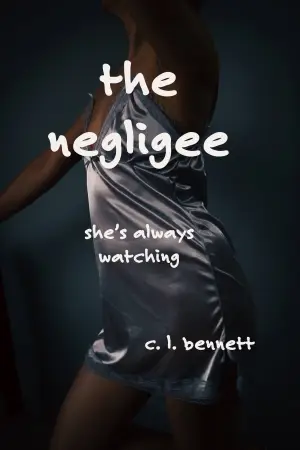As a lifelong bookworm and a sucker for unique love stories, I found myself irresistibly drawn to Gabrielle Zevin’s Tomorrow, and Tomorrow, and Tomorrow. With its intriguing premise of two college friends entwined in the world of video game design, it seemed like the perfect blend of creativity and emotion that I often seek in my reading. I was especially captivated by the idea of exploring a relationship that is deeply rooted in friendship yet complicated by the dynamics of success, ambition, and an engrossing industry that has shaped so many lives.
Zevin’s storytelling is undeniably engaging, weaving a tapestry that spans thirty years, intricately detailing the evolution of Sam and Sadie from childhood friends to creative partners. The exploration of long-term friendships is beautifully articulated, and it resonated significantly with me, aligning with Maureen Ann O’Malley’s sentiment on how it reflects the transformative power of friendships. The characters feel real and relatable—especially in their struggles with identity, ambition, and personal demons. Sadie’s character, fraught with insecurity yet imbued with creative genius, is particularly powerful, showing the dualities we all harbor within ourselves.
Moreover, Zevin’s lyrical writing captivates the reader with its beautiful language and rich imagery. She encapsulates the thrill of video game creation and its metaphorical implications beautifully, making me feel like I was part of the process. For anyone with a passion for gaming—be it casual or fervent—the book offers not only a peek behind the curtain but also a heartfelt tribute to the friendships forged through shared experiences, akin to Eric Juneau’s observations of the book’s multifaceted narrative style.
However, while the story is predominantly a delight, it comes with its fair share of drawbacks. The romanticization of video game development might not sit well with every reader. Juneau rightly points out that the narrative often overlooks the harsh realities of the industry, presenting a rather sanitized version of what it means to build a career in game design. For readers familiar with the gaming world, it may feel like the book is glossing over critical challenges such as “crunch time” and office politics. Personally, I found these aspects a little distracting, though they didn’t overshadow the overall enjoyment of the story.
Another point that’s been brought up in reviews is the pacing and narrative structure. Some readers expressed dissatisfaction with certain plot elements and tonal shifts, which, I must admit, caused a few moments of disconnection for me. As a lover of a more straightforward narrative arc, I sometimes felt the shifts in tone were disorienting. Yet, this also speaks to the complexity of the characters and their emotions—it portrays life itself, which isn’t always linear.
Despite these drawbacks, Tomorrow, and Tomorrow, and Tomorrow deeply satisfied my expectations, intertwining the themes of love—whether platonic or romantic, the complexities of friendship, and the artistic journey of game development into a whole that is greater than its parts. The emphasis on collaboration and connection resonates profoundly, especially in an age where digital interactions often overshadow real-world relationships.
In conclusion, I wholeheartedly recommend this book to anyone who enjoys a heartfelt narrative that captures the essence of friendship and creativity. The engaging characters and beautiful writing make it a worthwhile read, even if you’re not a gamer. It’s a story that shows how the love between friends can change our lives forever, serving as a reminder of our own connections and the shared journeys that define us. Zevin has created something special here, worthy of its place on the bestseller lists, with a heartfelt approach to storytelling that feels both fresh and nostalgic.








